Ten Big Ideas of Knowledge Management
Conversation Matters
AUGUST 31, 2020
So we start meetings with “small talk,” that is, getting to know more about one another, not just the weather, but what is important in their work right now, or what they have done recently that they are most proud of. Circles Connect (applicable when the virus is over and we are again able to meet in person). Circles represent unity.

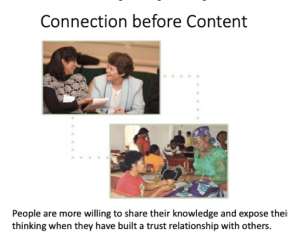
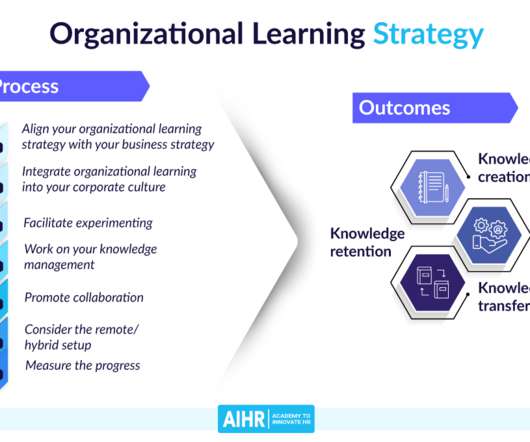
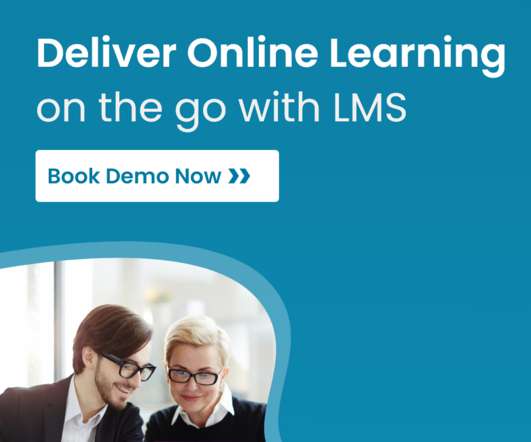


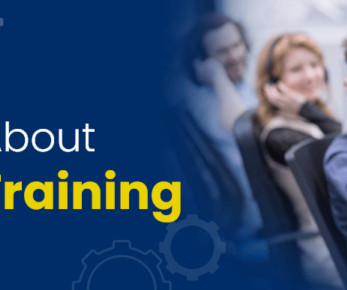








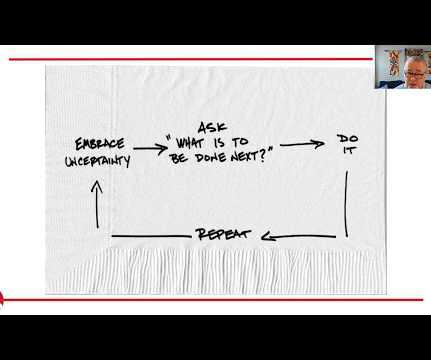
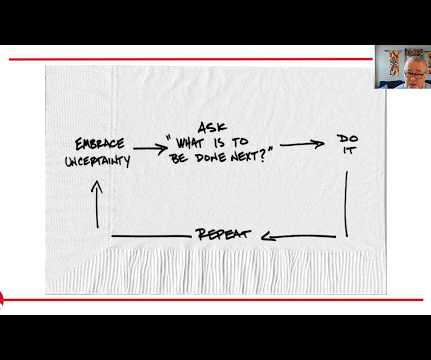










Let's personalize your content